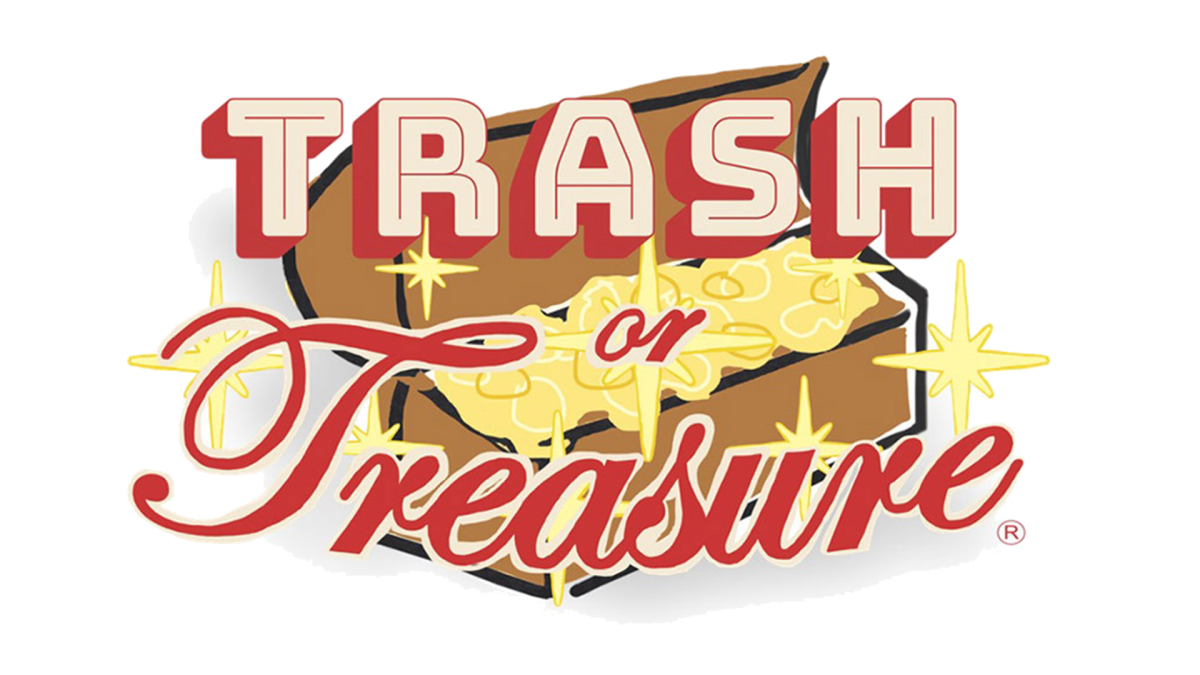I don’t understand anything at all about today’s youth, and nowadays I’m not sure many other people do either. From the smirks behind the meaningless (or maybe not so meaningless) numbers of “six” and “seven” to Baby Gronk hitting the griddy in Ohio while mewing, I don’t get one bit of it.
And yet, I am still technically a part of today’s youth. I’m a high school junior, but the slang and ‘brainrot’ that middle schoolers (and most of my friends) use ragebaits me. It’s not like I live under a rock. I doomscroll instead of doing homework. I listen to the brainless jokes my classmates make. I try to keep up with the latest memes and gifs, all to at least pretend to be “cultured”. But the most recent wave of Gen Alpha slang has left me befuddled, confused, and bewildered.
I grew up on Gen Z brainrot, the good kind: Nyan Cat, Peanut Butter Jelly Time, Momo hauntings. The good ol’ days. Jamming out to “What Does The Fox Say” and the “Gummy Bear Song” made sense. There was usually a reason or justification for the memes or brainrot of Gen Z.
Now, not so much. Why do my fellow teenagers drop the sad little rose emoji behind every Instagram post? Where did “vro” come from, and why can’t we just say “bro”? What does any of this even mean?
Slang used to be simple. Chill meant cool down, bro was short for brother, and lowkey meant keep it quiet. All straightforward. But now, the reasoning behind slang is so layered it borders on academic research. Take “six-seven” (Yes, you’re allowed to do the hand motions while reading this. Don’t worry, your teacher won’t get mad.) It started with basketball star Lamelo Ball’s extraordinary height of six feet seven inches. It was then mashed up with the rap song “Doot Doot” by Skrilla. Next thing you know, it’s everywhere, from Instagram reels to high school hallways.
But why? I couldn’t tell you in six, seven million years, I couldn’t tell you. You’d think people would want something dumb and pointless to just laugh at, but instead, our society prefers memes with tangled, impossible-to-follow backstories.
That’s the contradiction: the world is supposedly getting “simpler” with artificial intelligence doing our thinking for us, but Gen Alpha slang is becoming ridiculously complex.
The complexity and twistedness of today remind me of one of history’s most famous slang phrases that is now as common as Whataburgers in Texas: ‘okay’. Yes, the word ‘okay’ used to be one of the most common slang words back in the 1840s, and, yes, there was slang in the 1840s. It started with President Martin Van Buren’s nickname, Old Kinderhook, based on his hometown of Kinderhook, New York. Using the brightest etymological minds of their day, newspaper editors used the letters O.K. to shorten the fairly long nickname.
Once the Van Buren campaign picked up on the popularity of its use by newspapers across the U.S., they began to use the shortened nickname for everything Van Buren-related. While Van Buren ended up being forgotten by most of the American people after his victory, the popularity of the word “okay” stuck around. “Okay” is used by almost every language in the world now and is common. universal term for agreement
Another question lingers, however: why is today’s youth leaning toward the more intricate genre of brainrot from the 19th century instead of more dopamine-inducing and thoughtless memes of the recent past? Unfortunately, the most likely reason for this contradicts the claims that generations are becoming more intelligent. I don’t think it’s just me who doesn’t have a grasp on the intricate history of the younguns’ slang. I’ve asked 11-14-year-olds what 6-7 means, and they are completely clueless about its extensive origin story. All they’re doing is following all of the hottest new trends and sayings.
So maybe, today’s slang is part of some bigger pattern of linguistic evolution. Or maybe not. Because here’s the thing: I don’t think the kids saying this stuff know what it means either. They are just blindly following the hottest new streamers like IShowSpeed and KaiCenat, and copy whatever they do. Those streamers say or do whatever they want, and people, especially Gen Alpha, replicate everything they do. That’s how trends have always worked, but at least with Michael Jackson or the Beatles, there was some obvious cultural weight.
At the end of the day, slang changes too fast for anybody to fully understand it. Sure, I could dig up from the dark corners of the internet six, seven reasons why a term exists, but if the very people using it don’t know what it means, how am I supposed to?







